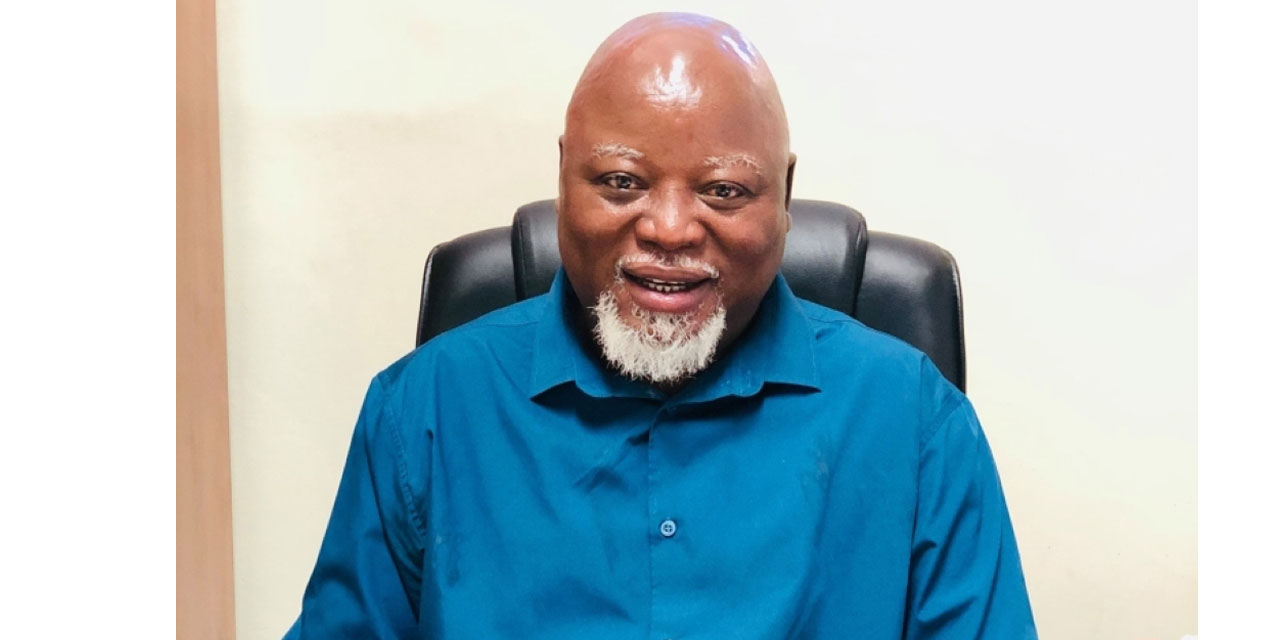Ndumba J Kamwanyah
In his Windhoek Observer ( online) response of my review of Nelson T. Kalangula’s book A Namibian of Stature, The Namibian 2 October 2024, Paul Shipale seem to push for a narrow view of history, suggesting that Namibia’s liberation struggle should only be understood through the lens of SWAPO’s master narrative. While he has every right to share his perspective, I believe it’s important for him to acknowledge that history is a complex and contested space. It’s not a single story, but one made up of multiple voices and perspectives, each attempting to contribute to a fuller understanding of the past.
In his article. Paul Shipale accused the author, Nelson T. Kalangula, of being biased because he is related to Peter Kalangula, the subject matter of his book. However, I would argue that personal connection to a historical figure doesn’t automatically disqualify an author from telling their story. On the contrary, it can provide a unique and intimate perspective that other writers might not have.
Shipale, you, too, show a bias, as your critique aligns with the dominant SWAPO narrative. History, as Paul Shipale surely should know, is never neutral—it is always told from a point of view.
It’s important to recognize that the national liberation struggle in Namibia is not a single, uniform story. The so-called “master narrative” of SWAPO is significant, but it does not encompass every contribution or experience. Many voices, like that of the late Peter T. Kalangula, have been marginalized or overshadowed, yet they played crucial roles in shaping the country’s journey to independence. Dismissing them as mere “oppositional narratives” limits our understanding of the past. Mini-stories matter just as much as grand, overarching stories.
In his piece, Shipale suggested that the biography of Peter T. Kalangula is an attempt at revisionism, yet he neglect the reality that revisionism is not inherently bad as he seem to think. As societies grow, so does our understanding of history. It is through revisiting and reappraising the past that we learn more, challenging previous accounts and assumptions that may have been incomplete or biased. If we are to fully reckon with our history, we must allow space for different perspectives, rather than control the narrative in one direction, like Shipale is instructing us.
Furthermore, from my academic studies, it was impressed on me that when reviewing a book, it is essential to focus on what is written, rather than what one thinks should have been written or included in the book. In my review, I based my analysis on the content of the book, not on any personal bias or external expectations. Nelson T. Kalangula’s book highlights Peter’s courage, strategic thinking, and his contributions to Namibia’s independence, providing a view that may have been overlooked in the mainstream narrative. These are historical facts from a specific perspective and deserve to be part of the wider conversation about Namibia’s past.
Lastly, Mr Shipale’s argument against Nelson T. Kalangula’s voice is perplexing. If we are truly committed to understanding our difficult past, we must allow all voices to be heard, not just those that fit neatly within the SWAPO narrative. By shutting down voices like Nelson T. Kalangula’s, we risk silencing important contributions to the story of Namibia’s liberation.
In conclusion, Paul Shipale, I welcome your perspective, as it adds to the richness of historical debate. But in doing so, let’s not deny the validity of other perspectives, including Nelson T. Kalangula’s. History is, after all, told through many lenses, and it’s through this diversity of voices that we can truly understand our past.




